Coronavirus
I cannot tell you how much displeasure I have experienced from what I am about to say. I’ll be throwing around statistics of people dying as if I am talking not about people but widgets. My six-year-old daughter Mia Sarah had a garden-variety virus a few weeks ago. When my wife told me – a few minutes after I had been reading about coronavirus –for a second my heart sank, as virus to me meant coronavirus.
Even if Mia Sarah had coronavirus, the chances of survival were greatly in her favor. (Coronavirus, like the flu, is exponentially deadlier to older folks than younger ones). However, when it comes to your loved ones, statistics lose their meaning, and you start magnifying tiny probabilities into high-probability outcomes. The coronavirus statistics represent people’s loved ones, but I don’t know how else to write what I am about to write.
I am going to divide this letter into three sections: health and human impact (sometimes a tragic one), economic impact, and investment strategy.
Human tragedy
Let’s focus on the human factor of the virus. I’ll write about the US, but a similar analysis can be applied to Europe. Normal seasonal flu kills ten to sixty thousand people a year in the US, or about 0.05%–0.1% of those infected. The coronavirus kill rate is estimated to be about 1% to 3%, or 20 to 60 times greater than seasonal flu. As of this writing, about 86,000 people are reportedly infected and 3,000 have died from coronavirus. Most infections and deaths have occurred in China, with South Korea a distant second with 3,526 infections and 17 deaths. Italy is third, with 1,049 cases and 29 deaths.
The US has fewer than 100 confirmed cases, but because people can harbor the virus for weeks without displaying symptoms, and because US testing has been inadequate, there is a substantial risk that the virus is already spreading widely in our country.
It is very likely that the health impact of coronavirus on the US is not going to be nearly as significant as it was in China: China’s population density is much greater than that of the US – 1.5 billion people live mostly on the coasts, an important factor for virus transmission. Most importantly, the Chinese government copied the Soviet rulebook from the Chernobyl disaster – it lied and misinformed people, even punishing doctors who sounded the alarm about the virus.
Today the US and the rest of the world are anything but underreacting to the virus. Governments are restricting travel from virus-impacted countries, quarantining people on the possibility of having been exposed. Companies are curtailing business travel. People are postponing vacations. I suspect we’ll start seeing cancellations of large public events. Unlike China, we had a lead time to allow our government and healthcare system to prepare for the response.
Our response won’t be perfect. As I am writing this I see the headline coming through that 120 nurses are being quarantined due to exposure to one coronavirus patient. But let’s say in the total death tally in China goes up six-fold to 20,000 people (I really hope it doesn’t). If you ignore all the aforementioned “soft” factors and just take the Chinese numbers and divide them by five (the difference in population size between China’s 1.5 billion and the US’s 300 million), then COVID-19 may claim 4,000 lives in the US. This sounds like a large number, but the difference between the benign flu of 2012 (12,000 deaths) and the severe flu of 2018 (61,000 deaths) in the US was 49,000 deaths.
The severe flu of 2018 allowed most of us to lead normal lives. Coronavirus, for a period of time, will make our lives anything but normal, and the media will amplify this. This brings us to the not-so-normal economy.
Economic Impact
Let’s start with China – it is the epicenter of the crisis. China’s impact will be twofold, as a consumer of American-made goods and as manufacturer to the world. Chinese consumption of foreign goods will definitely decline, impacting some companies more than others (for instance, car sales declined 92% in February). But overall, from a macroeconomic perspective, our exports to China total about $100 billion – a pimple on the $21 trillion US economy that may shave a few basis points off of our GDP growth.
A bigger impact will be felt from the interruption of Chinese manufacturing. Quarantined cities, shut-down factories, and travel restrictions have had an impact on Chinese production. China reported one of the worst manufacturing numbers for February in the history of this number being collected in China – it was even worse than in the depths of the Great Recession. We import about $350 billion worth of goods from China; and that on its own is not a crippling number, but in addition to assembling iPhones and making T-shirts, China produces components that go into a lot of products. This is where things get very complicated: If you are missing a $10 component that goes into a car, suddenly you cannot sell the $30,000 car.
Our global supply chain has been optimized for just-in-time efficiency (i.e. cost), not resiliency (shocks). Nassim Taleb wrote (I am paraphrasing) that if economists designed a human body, they’d look at whether to include two lungs and two kidneys and decide that that the second of each pair was redundant, just adding weight and the need to consume more calories. They’d do what economists usually do, optimizing for what they can immediately observe – the cost – but not for what lies around the corner – the shocks.
Our global supply system has been cost-optimized. If the coronavirus crisis continues for a prolonged period of time, it will definitely have consequences for the global economy in the medium term and for China in the long term. China is very aware of this, and the government is in a very tenuous position. It has to make a choice: It can maintain the lockdown and contain the virus but undermine its status of manufacturer to the world, risking a long-term exodus of manufacturing. Or it can lift travel restrictions and send people back to work, risking a further spread of the virus, leading to more sick people, more shutdowns, and more loss of human life (though I get the feeling that a few deaths here or there may not be the highest priority of the Chinese leadership). For better or worse, the latter path seems to be the one the Chinese government is taking now – people are coming back to work.
It is hard to know the impact of supply interruptions, but on their own they could further slow US economic growth and maybe even send us into a light recession. I’d be surprised if companies do not semipermanently increase their inventory levels and diversify their supply chains away from China. And instead of focusing only on maximizing efficiency, they may also attempt to improve their resiliency, which could come at the expense of efficiency.
In the long run, Chinese losses are an opportunity for other countries that will be jumping in to provide the needed supply chain diversity – Vietnam, India, and, yes, the United States. There is a silver lining here, believe it or not – increased inventories will actually temporarily help our GDP growth.
If the coronavirus was limited only to China, our economy might have slowed down, and companies (and countries) that benefit from Chinese tourism would have felt the impact, but the overall impact would be very subdued.
Now that the coronavirus has made it to the rest of the world, governments and people are overreacting. The word overreacting usually has a negative connotation, but not when it comes to a highly contagious virus that spreads by a geometric progression, you want people to overreact and overreact early – the cost of underreacting is simply too high.
The less people interact with each other, the less the virus spreads. The first and most obvious casualty will be the travel industry – airlines, hotels, travel agencies – and then it will impact restaurants, concerts, and sporting events. People will telecommute more.
I don’t know how long this virus will persist, but they do naturally die out. But if the US goes into a lockdown, it will just be a matter of time before we go into recession. And the truth is, we are overdue for one; we haven’t had one in eleven years. Recessions are not the end of the world; they are a natural process, just like a forest fire that cleans out dead wood. Recessions are good for the economy in the long run, though the short term is painful, not just for investors but for people who get laid off. But recessions end and the world goes on ticking.
Before I get to our strategy, let me tell you why I am not freaking out about the virus. I remember 9/11. In addition to mourning all the innocent people who died, I remember being scared, like everyone else. Not knowing what is going to happen next is scary. I remember the continuously falling stock market. After a few months – it could have been weeks – the shock wore off. 9/11 sent the economy into a mild recession, not because of direct economic losses but because for a few months our patterns of travel and consumption were interrupted. The 9/11 analogy is anything but perfect, and there is no perfect analogy. But what I remember is that at the time I didn’t feel we could get back to normal. We did. Today 9/11 is just a distant memory, and COVID-19 will be, too.
Despite the fact that politicians love to hate “evil” big pharma, these companies are the ones that will develop vaccines and cure the virus. Medical device companies will come up with diagnostic tools that can detect the virus right away. Gilead is currently doing clinical trials in China with 1,000 people, testing a medicine it created to fight the Ebola virus.
Of course, I shouldn’t omit to mention that the coronavirus inconveniently arrived in China at a time when it couldn’t afford a decline in its economy. The country is over-levered and overrun with malinvestment and ghost towns, and its banking system is infested with bad loans. Growth covers up a lot of problems while decline unearths them, and the coronavirus might do just that. The US may have a soft landing; the Chinese may not.
Investment Strategy
We don’t think the coronavirus will send us back to Stone Age. Because if that were the case, then we’d advise you to stock up on a year’s supply of canned food, bury gold in your backyard, and arm yourself to the teeth. In that scenario our investment strategy is irrelevant – after all, your retirement account would turn into lifeless bits and bytes residing on dead servers.
This is not how we look at what lies ahead of us. We do think the coronavirus is most likely a recession-inducing virus, with its own unique characteristics and extra-scary headlines, including death counters on the nightly news. It will come with a lot of fear and uncertainty. But despite all the uncertainty and human suffering, the financial consequences are likely to resemble those of a moderate recession (higher unemployment, lower earnings).
I don’t know what I’d be doing if I owned a bunch of index funds; I truly don’t. The market is expensive and the road ahead for an average (overvalued) stock is anything but exciting. Here’s the good news: We don’t own the market; we own a portfolio of high-quality, undervalued individual stocks. We can look at each stock, value it, and evaluate its risk as the COVID-19 situation escalates.
We built an all-terrain portfolio – we came to this gunfight with a tank. We own quality businesses with strong balance sheets, great moats, great management, and recurring revenues. Many of our companies pay great dividends, and most of them are noncyclical (they will not be impacted by recession). They’ll survive and strive no matter what the virus throws at them. We have a lot cash and we have hedges on the portfolio (where we can).
I was asked if we have done or are going to do anything different because of coronavirus. Here is the only thing we did: When it was evident that the virus would come onshore in the US, we sold a few stocks (in some accounts) that were very close to their fair values. That was it.
We don’t have pressure to do anything further. The more rational we are, the better decisions we’ll make; thus we’ll continue to stick to our process. We’ll continue to dispassionately identify high-quality companies, value them, and figure out how much margin of safety (discount) we need. The core of our process won’t change – it’s just another day at IMA.
We may do small tactical tweaks to our buying process. We’ll be buying in smaller increments. Instead of building a position through one or two purchases, we’ll buy in smaller sizes, because uncertainty induced by the virus may result in greater volatility and thus better bargains.
Our margin of safety requirements are already very high – they won’t change. We’ve built a large wish list of stocks we’d like to own, and we’ll continue to grow this list. When names on that list turn into buys, we’ll start buying. Our ultimate goal is to continue to keep our emotions (fear and greed) in check and to remain as rational as possible, even if the world around us is anything but.
During market meltups and meltdowns, emotions can start to impact your time horizon – that’s very human. During a market meltup, the time horizon extends from five to ten years to forever, while during meltdowns it shrinks to months and then weeks. With every decision we make, we are looking five to ten years out. This time horizon is deeply embedded into our investment process, and we think that is the only way to invest. When we look past the (possibly) ensuing recession, five or ten years out, the view is incredibly liberating.
As I am writing this, I realize this is probably a good time for you to revisit the Six Commandments of Value Investing – a chapter in the book I’d like to be working on but am not. It describes the principles of value investing and provides an overview of our investment process. You can read it here or you can listen to it here. Also, just a reminder: The quoted prices you see on the screen for your stocks is not a final judgment of their value but a temporary opinion by Mr. Market.
This Too Shall Pass
Despite all the negative stuff I talked about above, the greatest resource we have in the world is the human desire to live – and to survive in times of crisis. This is what socialism missed in Soviet Russia. We get up in the morning and work hard all day not because we want to improve the society; no, we do it because we want to take care of our family, we want to make our life a little bit better, and in the process we help society. These little selfish acts are what makes us so strong.
It is possible and even likely that the headlines will get worse before they get better, but the crisis in the US is likely not going to look anything like it has in China, and this virus will eventually die out. That is what viruses do.
Just look back on the last hundred years – the stock market and the economy survived two world wars, the Cold War, the Korean, Vietnam, Afghanistan, and Iraq wars, 9/11, the Great Depression and the Great Recession, not to mention the Spanish Flu of 1918 – and I am sure I forgot something. Every single time, the market sold off and then it came back, because company earnings did not disappear. This time is unlikely to be different.
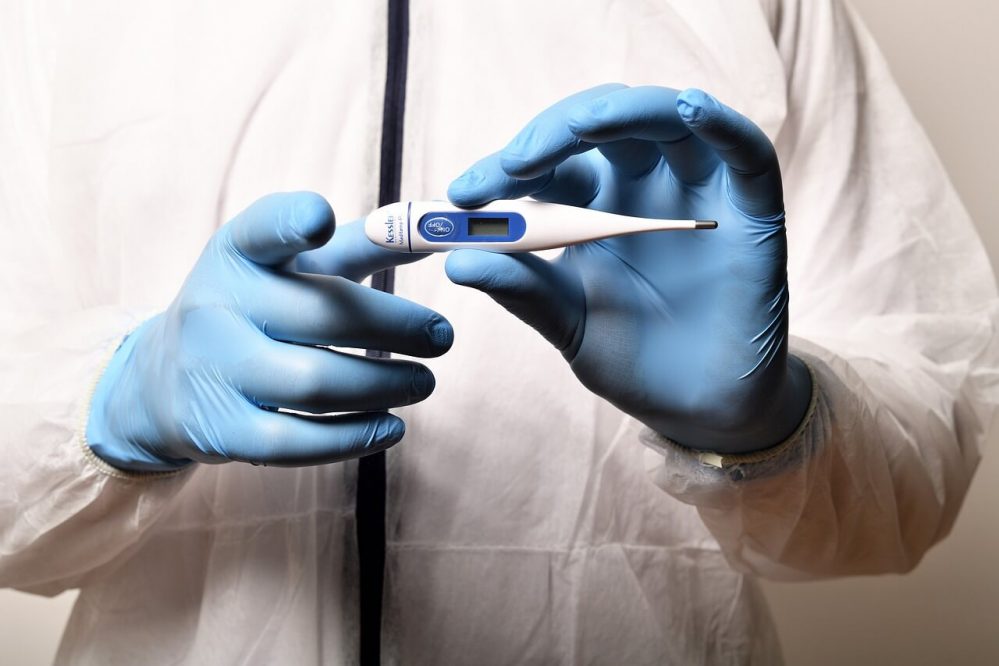
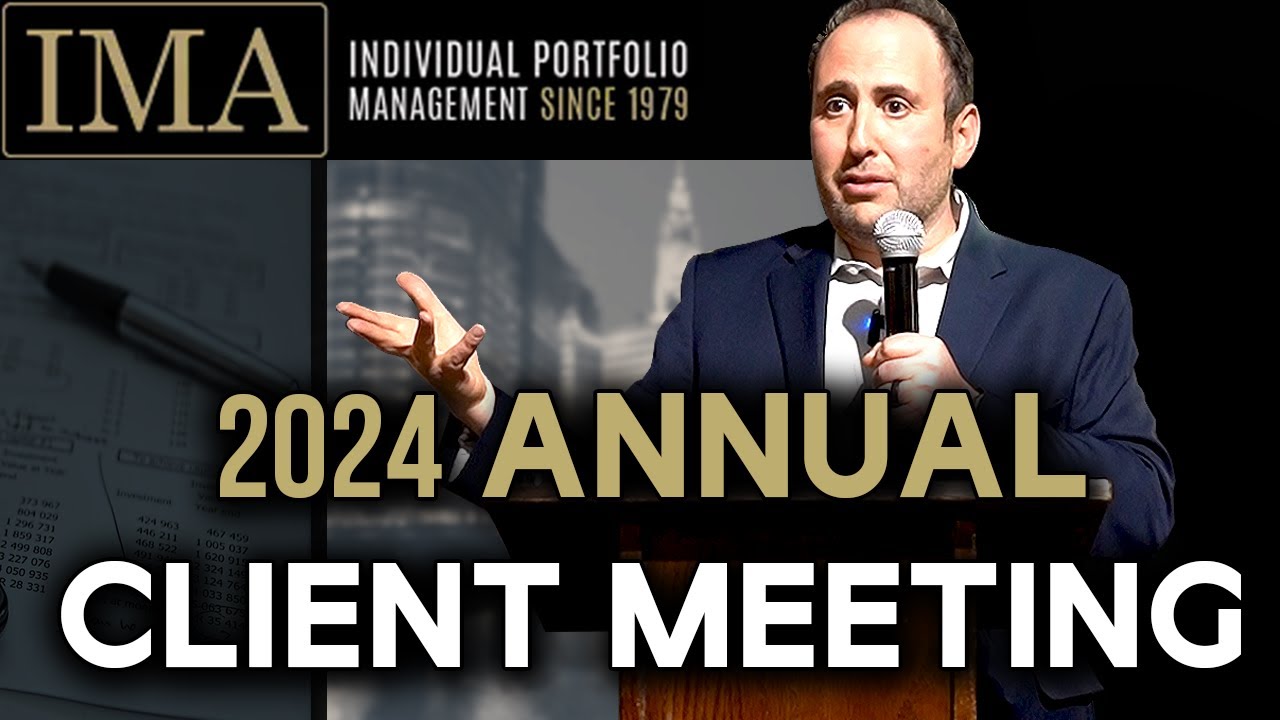
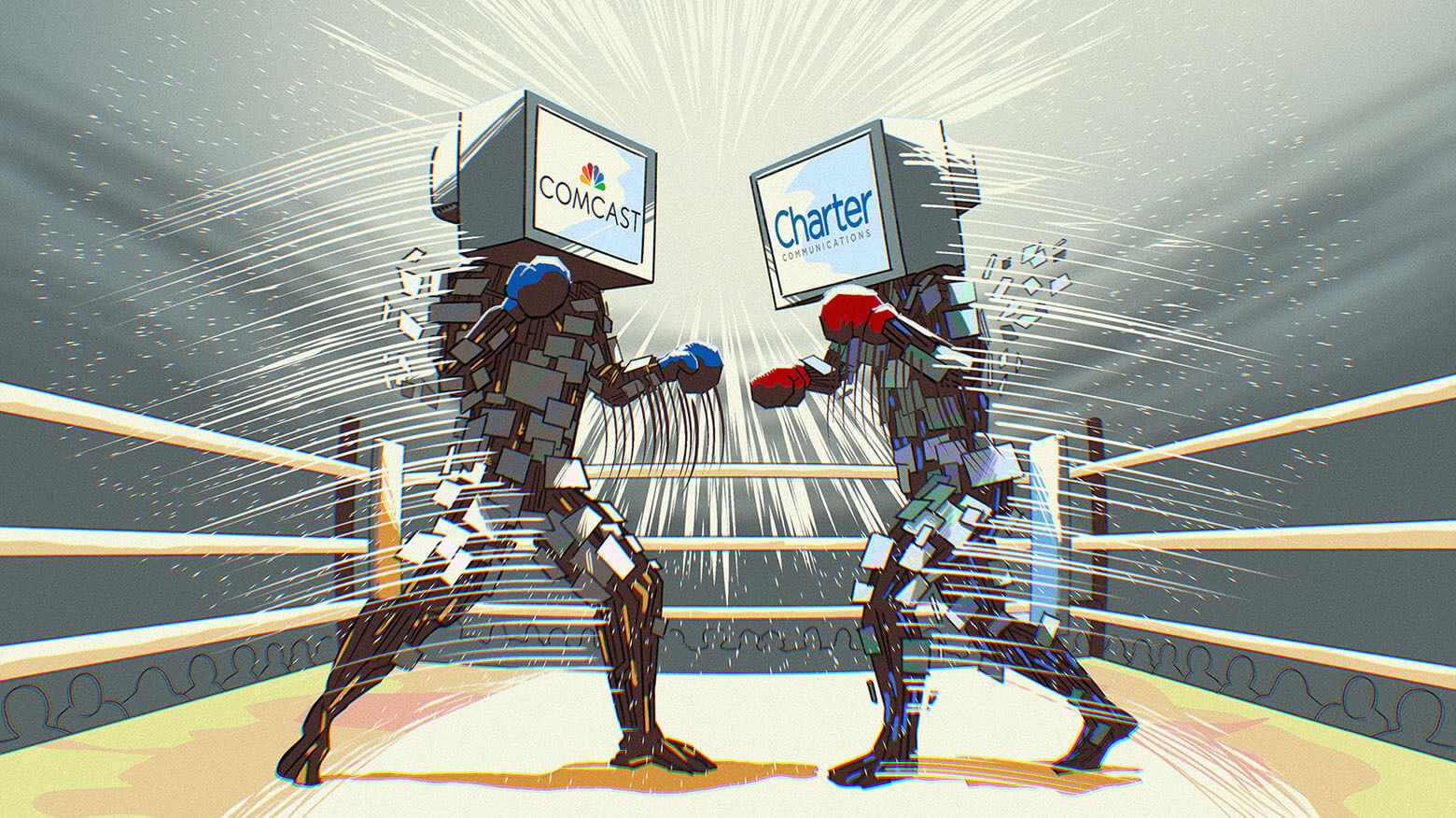
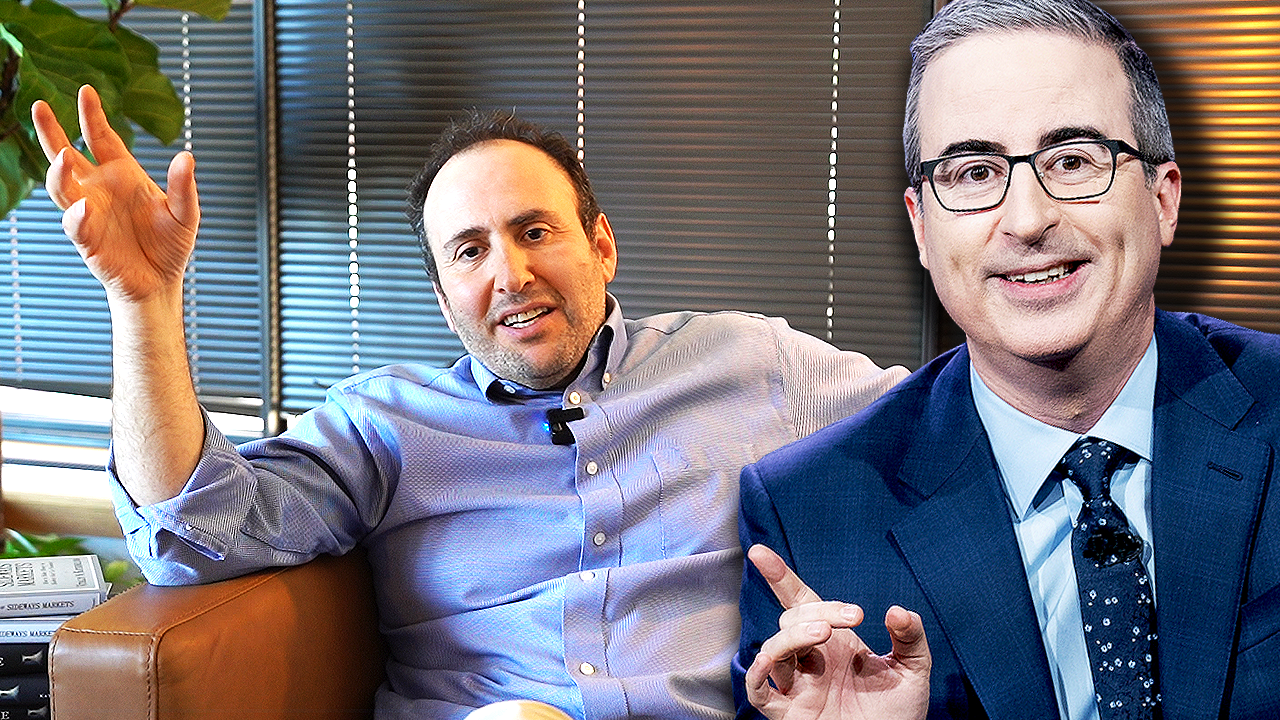
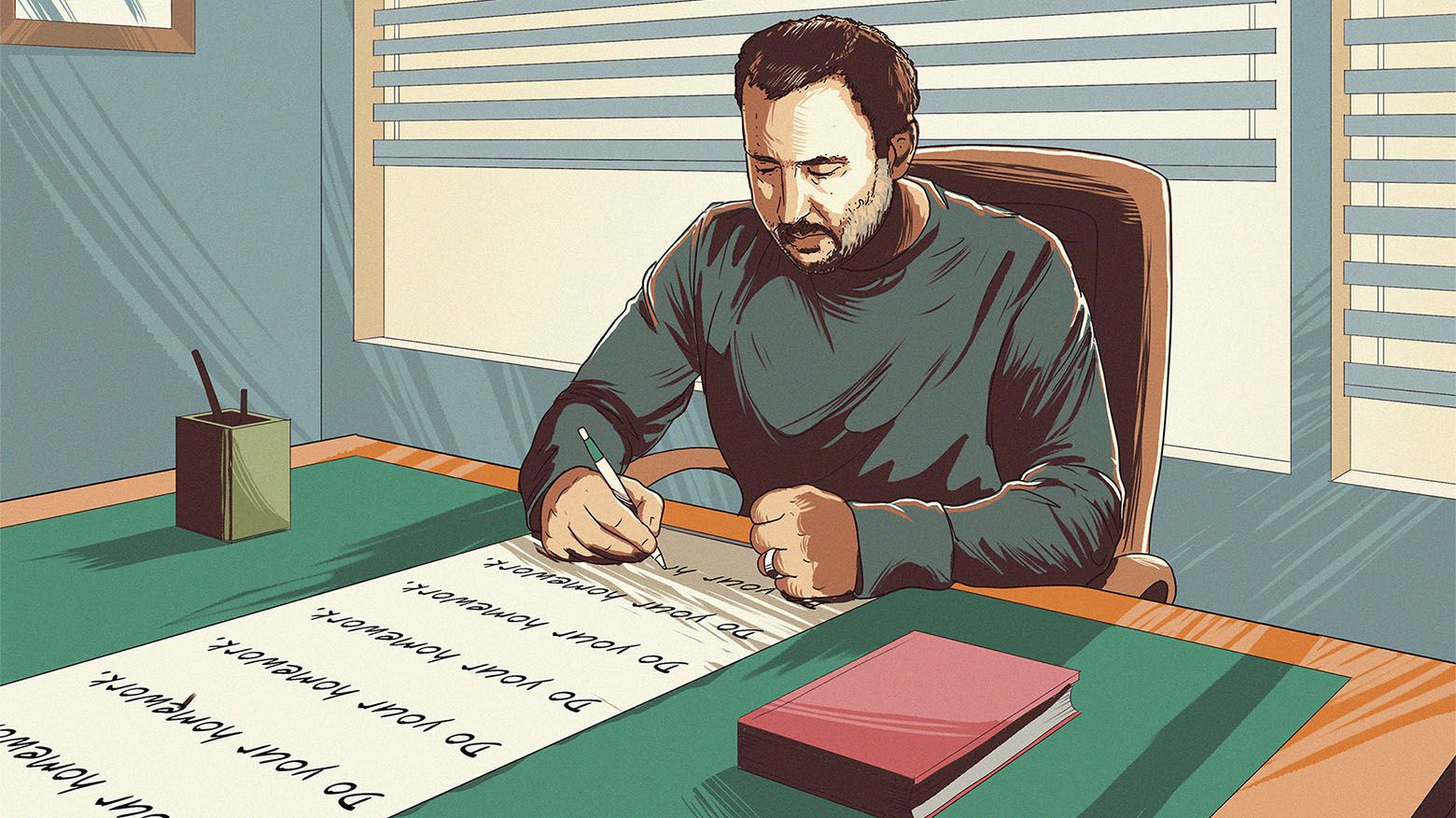





0 comments